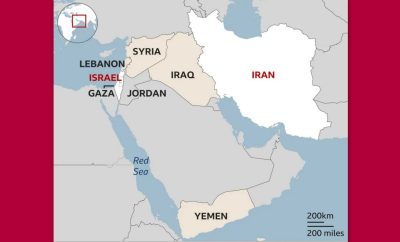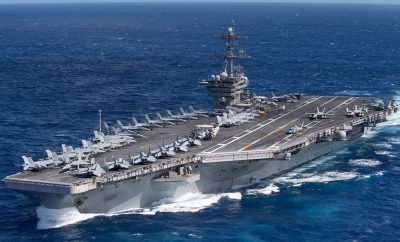
Containing NATO’s Mediterranean crisis
NATO’s southern neighbourhood in the Middle East and North Africa has become a hotbed of instability, and Turkey’s unilateral actions have fuelled tensions that are undermining the alliance’s cohesion. Europe and the US will have to devote more attention to the region.
“America is back”, US President Joe Biden stated in his recent address to the Munich Security Conference, in which he formally recommitted the US to defending its allies if they were attacked. This was a reinvigorating moment for NATO, after Trump cast doubt on the US’s commitment to collective defence during his tenure. However, the alliance still faces many challenges. While the questions of how to deal with Russia and China are the most prominent, NATO also faces a complicated picture to its south. Widespread instability in the Middle East and North Africa and tensions between Turkey and other allies are undermining the alliance’s cohesion and its ability to address common challenges.
The recent agreements to normalise relations between Israel and some of its Arab neighbours are the only bright spots in the region. In Syria the conflict is still smouldering, ten years after it started. While Islamic State (IS) has been defeated for now, the country has been devasted and there is little sign that the Assad regime intends to relax its grip on power. Russia has become entrenched in Syria, allowing Moscow to project its power in the Mediterranean more easily. Iran has also been able to strengthen its influence in Syria and to reinforce lines of communication between itself, militias aligned with it in Syria and Iraq, and Hezbollah in Lebanon. In Syria’s north, the last remaining rebels, dominated by extremists, control a small sliver of territory but could be forced out by a new Assad offensive, pushing millions of refugees towards Turkey. The situation in Iraq, where NATO has recently expanded its training mission, remains very unstable, with Iranian-aligned militias wielding large influence and often carrying out attacks against US and other international forces. The economic impact of the COVID-19 pandemic – combined with discontent at the dysfunctional governance and corruption that helped spawn IS in the first place – could breed extremism once again.
Συνέχεια ανάγνωσης εδώ
Πηγή: cer.eu




